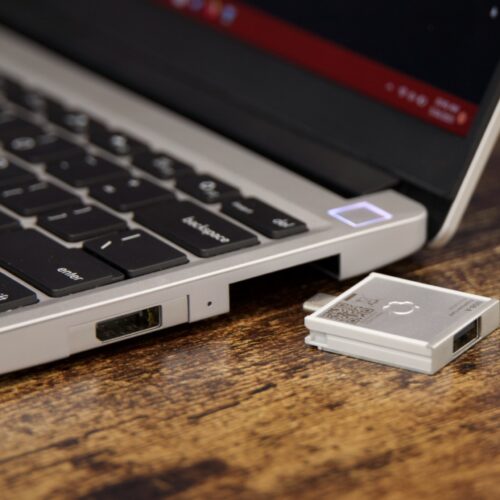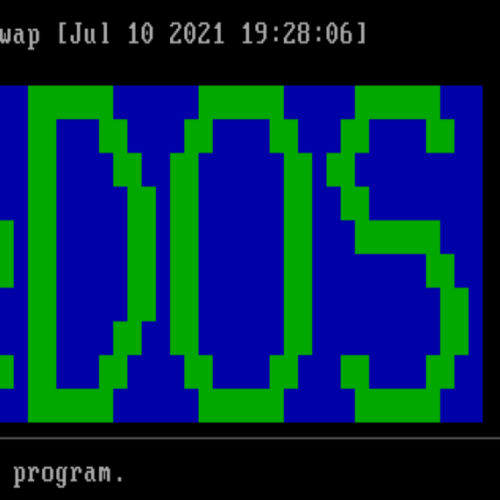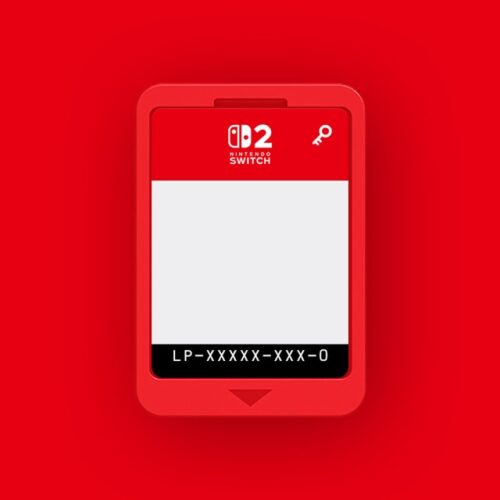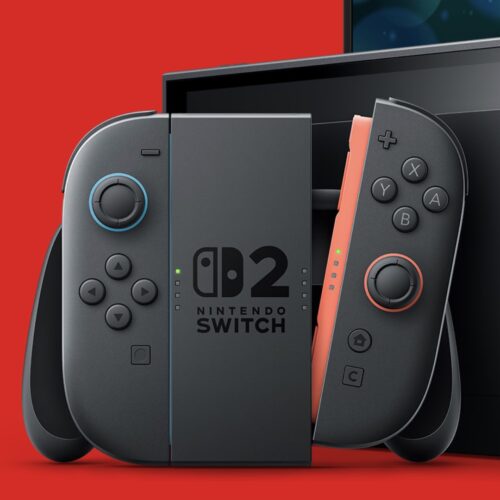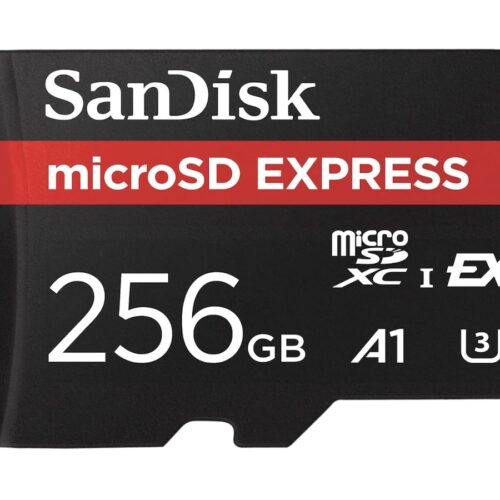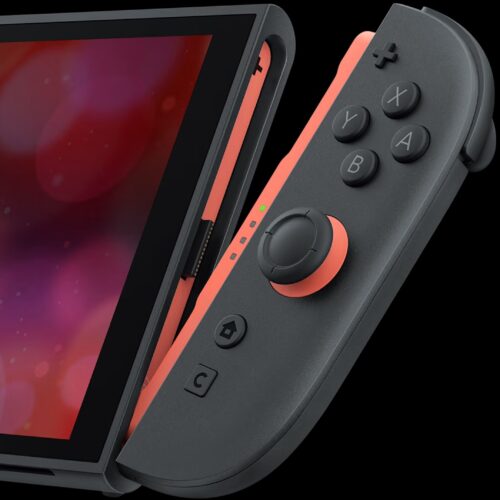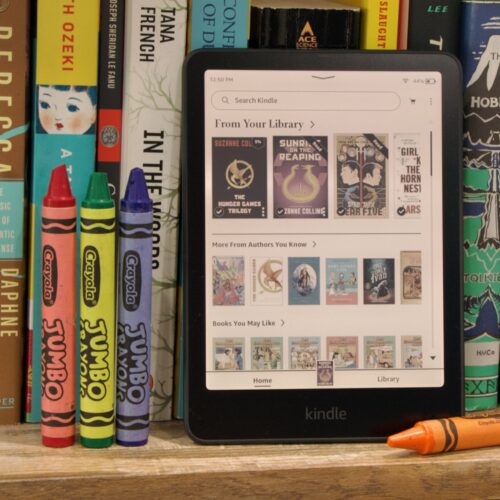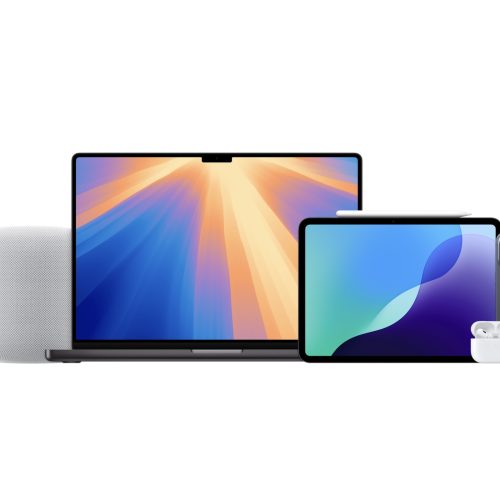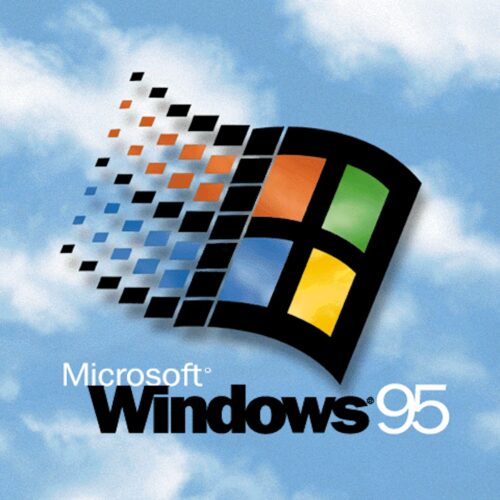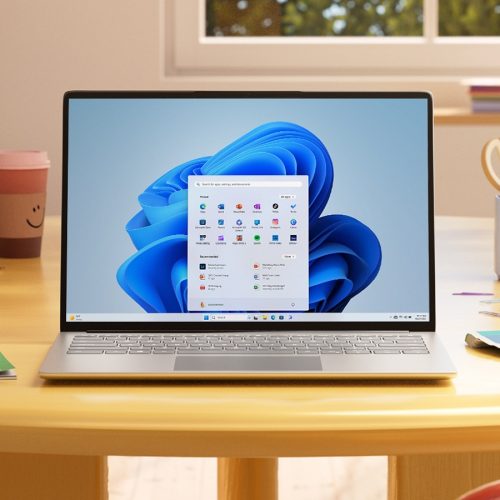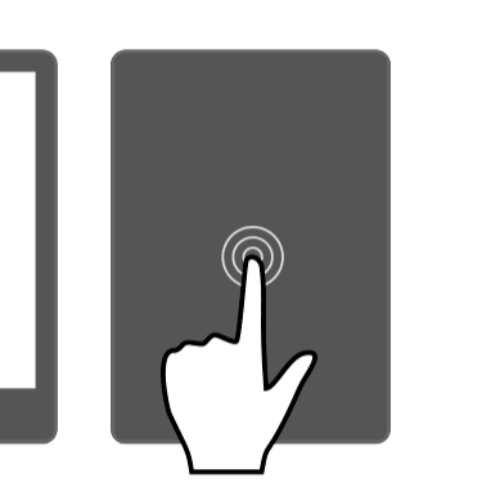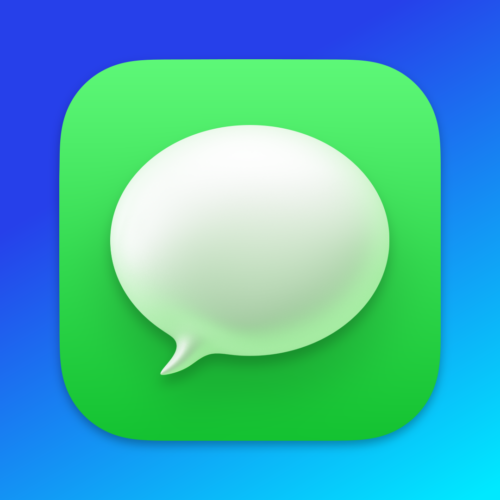Back to basics: Microsoft tests overhauled Start menu in Windows 11 beta builds
Windows 11 has become so synonymous with Microsoft's push into generative AI that it's easy to forget that it originally launched as a mostly cosmetic overhaul of Windows 10. But Microsoft continues to work on fundamental elements of the operating system's design. Case in point, Windows tester phantomofearth enabled an overhauled version of the Start menu from a recent Windows 11 beta build, the menu's first substantial rethink since Windows 11 launched a little over three years ago (via The Verge).
The new, larger Start menu displays up to two rows of eight pinned apps—you can't see more than two rows by default, but you can expand this section to show more apps—and then shows the scrollable list of apps installed on your PC. This list is hidden behind an "All" button on the current Start menu. These apps can be displayed as a vertically scrollable list, in a horizontal grid, or sorted by category (which does appear to be the most space-efficient display option).


Perhaps most interestingly for people who are tired of Windows' constant reminders and recommendations, the new Start menu looks like it lets you turn that "Recommended" section off entirely, replacing it with a full list of all apps installed on your PC. I find the Recommended area inoffensive when it sticks to showing me recently installed apps or opened files, but recent Windows 11 builds have also used it to advertise apps from the Microsoft Store.


© Microsoft

